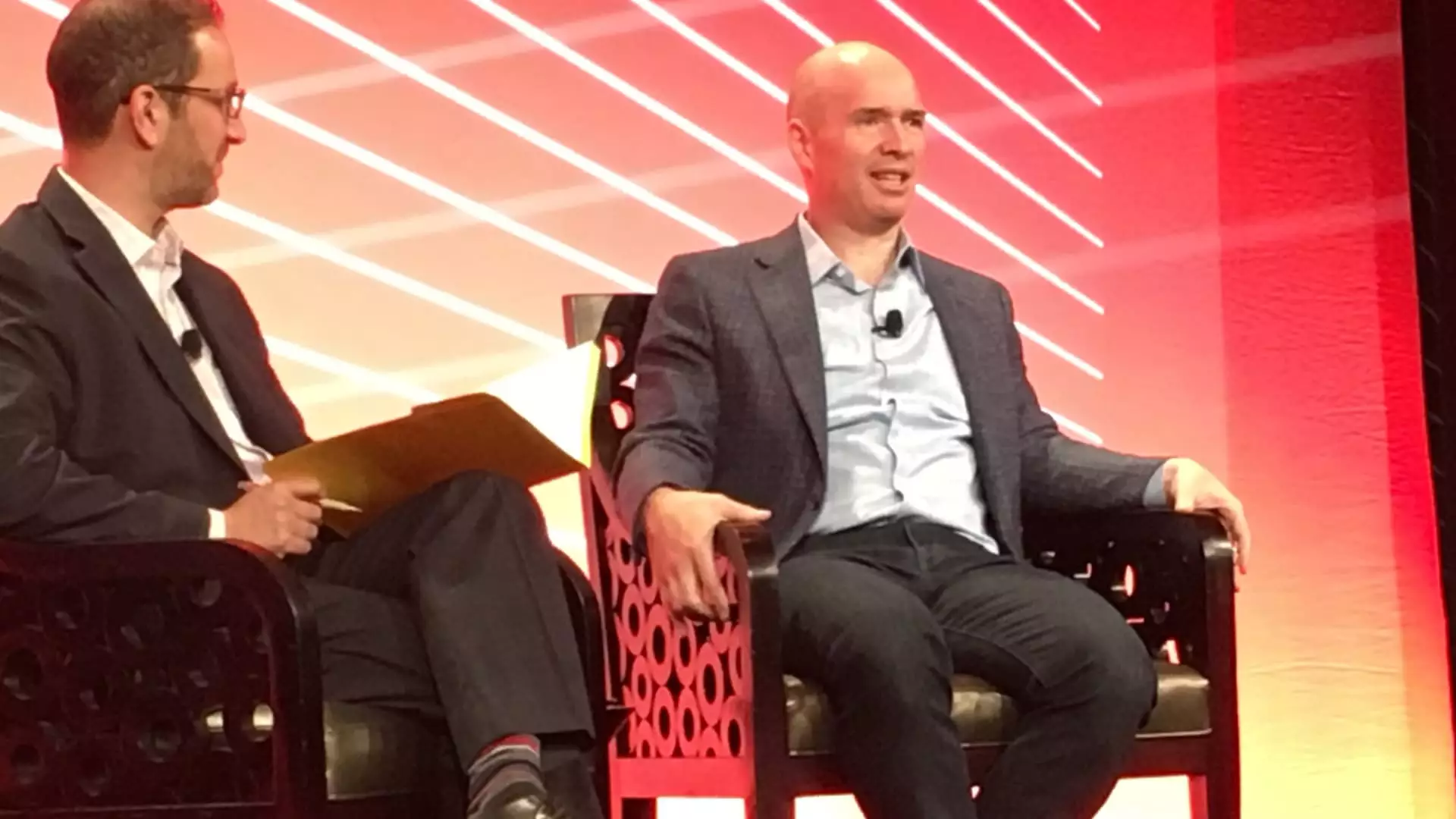In a surprising turn of events, venture capitalist Ben Horowitz has announced his support for Vice President Kamala Harris’ re-election campaign, just months after pledging funds to political action committees promoting Donald Trump’s presidential aspirations. This shift highlights a complex and often unpredictable landscape in the realm of political endorsements within the tech industry. Horowitz, who co-founded the venture capital firm Andreessen Horowitz, shared his intentions in a letter to his employees, revealing a longstanding personal friendship with Harris that influences his political contributions. This situation raises questions about the motivations driving financial support in such a heated political climate.
The letter confirmed that Horowitz and his wife, Felicia, have enjoyed a close relationship with Harris for over a decade. In it, he emphasized the importance of their personal connection, stating that their friendship has inspired significant donations aimed at supporting the Harris-Walz campaign. Such personal ties can often sway financial backing in politics, and Horowitz’s stance is indicative of how personal relationships can intersect with broader political engagements. The decision to support Harris contrasts sharply with his previous alignment, creating an intriguing narrative about loyalty and shifting perspectives within venture capital.
Firm Stance Amidst Changing Alliances
While Horowitz’s individual contributions may appear contradictory at the surface, it is crucial to note that neither he nor Andreessen Horowitz has formally endorsed any candidate for the 2024 presidential election. Their decision to initially support Trump was grounded in a belief that his policies would favor the “little tech agenda,” a term the firm coined to advocate for smaller tech businesses in light of what they perceive as unfavorable conditions created by the current Biden administration. Their political focus—centered solely on issues affecting little tech—signals a desire to navigate a nuanced political landscape without fully aligning themselves with any party.
Critiques of the Current Administration
Horowitz and his firm have been vocal critics of the Biden administration, particularly regarding its approach to startups and cryptocurrency regulations. This critical stance has drawn distinct lines that dictate their political actions, positioning them against what they view as detrimental policies for the tech industry. Nonetheless, the decision to donate to Harris can be seen as an attempt to hedge bets in a competitive political environment while strategically positioning themselves for potential future collaborations, regardless of party affiliation.
Horowitz’s evolving political stance underscores a broader trend among tech investors who are increasingly navigating a complex interplay of personal relationships and business interests. Such shifts not only reflect personal beliefs but also the need for adaptability in a rapidly changing political landscape. As investors like Horowitz pivot their support based on long-standing friendships or perceived benefits, it raises critical questions about the integrity of political contributions and their influence on policy-making in the tech arena.
This development calls into question how entrenched political affiliations can evolve in real-time, underscoring the fluid nature of political support among influential business leaders. As the 2024 elections approach, it will be essential for both current and prospective supporters to consider the implications of such shifting alliances on the industries they impact.



Leave a Reply